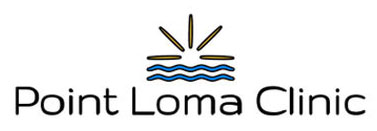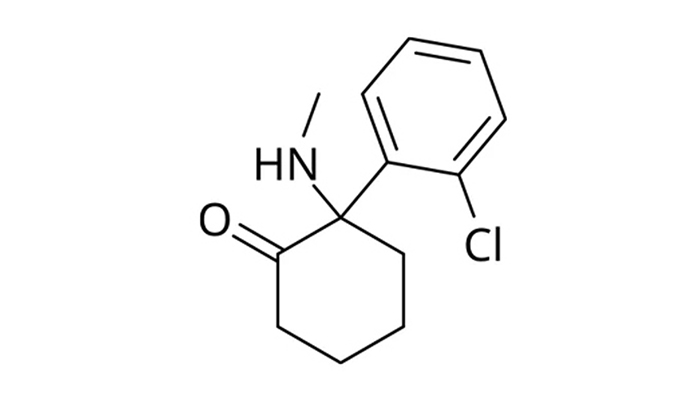Sunday, April 30, 2023
Alexander Papp MD
There are several exciting developments in the field of antidepressants, with various drugs currently in the pipeline. These new treatments aim to provide better efficacy and fewer side effects compared to existing antidepressants. Here are some of the most promising candidates:
Ketamine-Derived Drugs: Ketamine has gained significant attention for its rapid antidepressant effects. As a result, pharmaceutical companies are developing drugs based on the ketamine mechanism of action. These drugs, known as NMDA receptor modulators, work differently from traditional antidepressants by targeting glutamate receptors in the brain. They are showing promise in clinical trials for treating treatment-resistant depression and providing quicker relief compared to traditional antidepressants.
Psilocybin: Derived from magic mushrooms, psilocybin is being studied for its potential in treating depression and other mental health conditions. Recent clinical trials have shown that psilocybin-assisted therapy may lead to long-lasting improvements in mood and reduced symptoms of depression. It is believed that psilocybin works on serotonin receptors in the brain, similar to traditional antidepressants, but with a more profound and lasting impact.
Buprenorphine: Originally used to treat opioid addiction, buprenorphine is now being investigated as an antidepressant. It is an opioid partial agonist, but it also has activity at other receptor systems, such as the kappa opioid receptor, which may contribute to its antidepressant effects. Clinical trials are underway to determine its safety and efficacy in treating depression.
Brexanolone: Brexanolone is a synthetic form of a hormone called allopregnanolone, which is a positive allosteric modulator of GABA-A receptors. It was approved by the U.S. Food and Drug Administration (FDA) in 2019 for the treatment of postpartum depression. Now, research is ongoing to evaluate its efficacy in treating other types of depression, such as major depressive disorder.
Roluperidone: Roluperidone, also known as MIN-101, is an investigational drug that acts as a serotonin 5-HT2A receptor antagonist and sigma-2 receptor agonist. It is being developed for the treatment of negative symptoms in schizophrenia but is also showing potential for the treatment of depression. Clinical trials are ongoing to determine its effectiveness and safety.
Rapastinel (GLYX-13): Rapastinel is a partial agonist of the NMDA receptor, and it works similarly to ketamine in providing rapid antidepressant effects. It is administered intravenously and has shown promise in early-stage clinical trials. Its unique mechanism of action could make it a valuable alternative for individuals who do not respond to traditional antidepressants.
JNJ-67953964: JNJ-67953964 is a novel multimodal antidepressant being developed by Johnson & Johnson. It targets multiple receptors in the brain, including serotonin, norepinephrine, and dopamine receptors, to provide a more comprehensive approach to treating depression. Phase II clinical trials are ongoing to assess its efficacy and safety.
While these new antidepressants show great promise, it’s essential to note that they are still in various stages of development. Clinical trials are ongoing to evaluate their safety, effectiveness, and potential side effects. It typically takes several years for a drug to progress from early-stage clinical trials to FDA approval and widespread availability.







